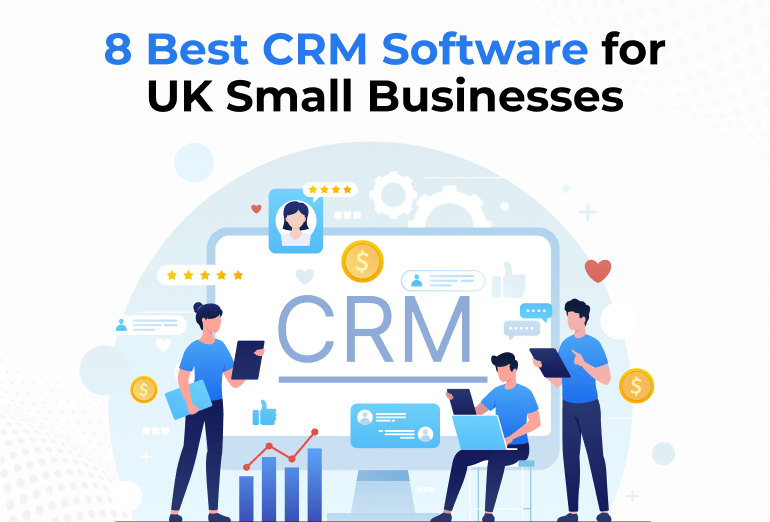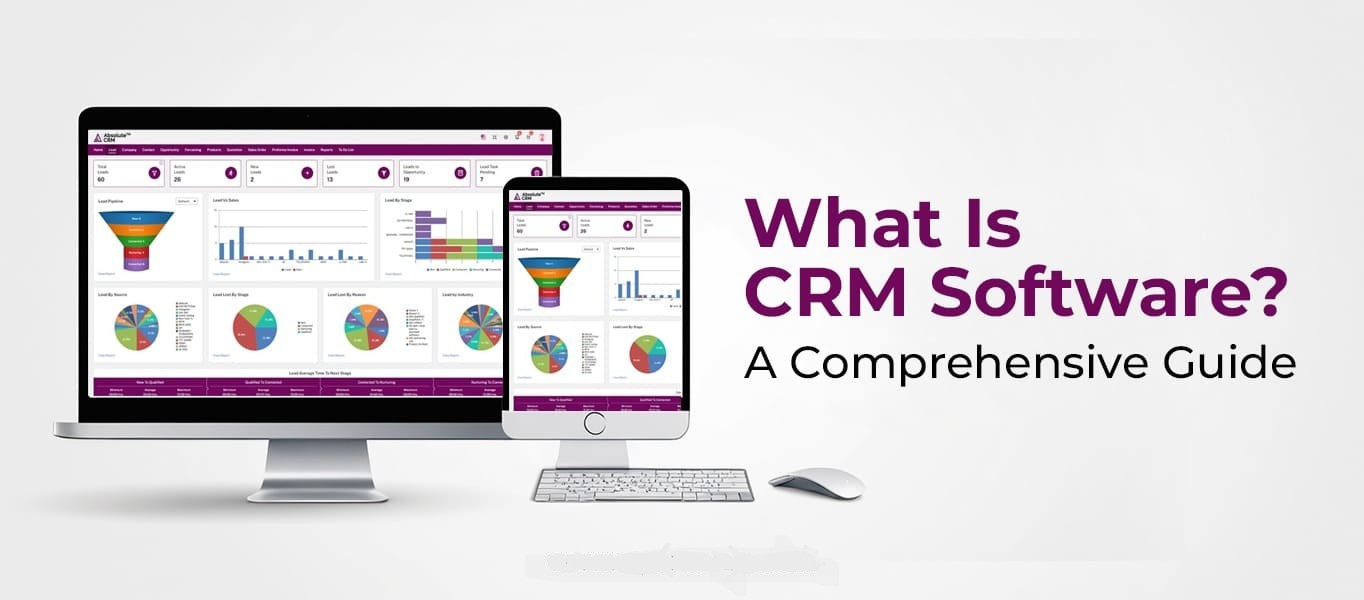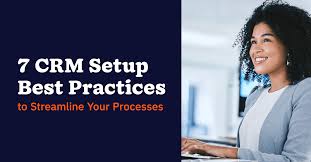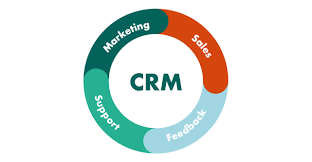What does a CRM even do for accounting firms? For starters, not using makes you 86% more likely to miss your goals. With 97% of businesses nailing their sales targets with a CRM, what makes you think your accounting firm will not benefit?
Assuming you will implement the best accounting firm CRM software, here are a few important details that you must not miss. Sharp AI, considered the best CRM software in UK, brings a mutli-layered blog for you to understand how to ensure the successful technology adoption for accounting firms. Scroll on… the truth’s just below!
Best Accounting Technologies in 2025 You Need
Accounting firms must level up with the latest technologies to stay ahead in the competitive market. With technology adoption taking centre stage, here are a few accounting technologies to look out for in 2025:
-
Cloud accounting software
Having cloud software for technology adoption for accounting firms lets you view your financial information any time, anywhere. It facilitates easy sharing of files, tasks, collaboration, and real-time updates.
-
Artificial Intelligence (AI) and Automation
Leverage the potential of these technologies to grow your firm. They can automate routine tasks, streamline processes, enhance precision, and give real-time insights. Read this review of the best ai in accounting software.
-
Blockchain technology
Imagine a safe, open book account across a network of computers. That is blockchain technology. It allows accountants to execute safe, trustworthy, and open transactions with lower chances of fraud.
-
Robotic Process Automation (RPA)
RPA technology has the ability to automate tedious, repetitive tasks, allowing accountants to spend valuable time on more important tasks.
CRM Guide: Questions to Ask When Choosing the Right Software
5 Key Steps to Successful Technology Adoption for Accounting Firms
-
Prepare a Technology Assessment
Before integrating a new Customer Relationship Management (CRM) system designed to increase the use of technology in accounting firms, it is a good idea to audit existing systems. Start by reviewing the operating systems currently in use and determining where improvements can be made. This review will allow you to determine specific needs in your own practice as well as in the customers you serve. Are you currently operating a client information system that becomes burdensome? Do your tools that you currently use not live up to client expectations on responsiveness and delivery of services? Answering these questions will give a thorough appreciation for how new technologies can provide considerable value. In addition, a consideration needs to be made as to how ready your team is for introducing new technology. Are your workers open-minded and accepting when introducing new systems or do they become resistant when trying something new? Recognition of any areas of un-readiness that might become apparent at an early stage will allow for a training schedule as well as change management tactics that can be vital in successfully introducing a CRM system.
-
Develop a Strategic Plan
Once you complete the evaluation process, the next step is developing a strategic plan on how to invest in the best CRM all-in-one package. It should identify the top objectives for a CRM system, such as improving client communication, simplifying administrative activities, or managing financial data more efficiently. Develop a plan that matches your firm’s goals, timeline, and budget. No one CRM system fully aligns everyone as closely as everyone else’s may, so remember a firm’s unique requirements—the serving a small group of customers or processing intricate financial procedures—in your planning forward. Pay attention to features that will provide you with the largest payback on investment as a percent of the purchase price as well as provide you with your highest immediate need, such as client billing automation or an increase in real-time reporting capabilities. Also invest your budget with consideration towards not just the front-end purchase price for CRM deployment but also the long-term investment in training as well as on-going maintenance.
-
Spend on training and development
One of the greatest challenges that companies encounter in the implementation of technology for accountants is the need for adequate training. It becomes necessary to provide personnel with the necessary skills to make effective use of the technology so that it can derive positive implications for the organization. It encompasses technical training as regards the implementation of the CRM system as well as soft skill training in order to help personnel get adjusted to new business process working as well as client-relational enhancement. It needs to encompass every feature, be it the reporting functionality as well as more advanced functionality involving AI integration in CRM features such as automation as well as AI-backed insights. It is however important that the training not focus just on technical terms; redesigning how the workers engage the customers as well as carry out day-to-day business processes becomes necessary. Training needs to incorporate how the CRM can facilitate workers’ tasks as well as improve the entire client experience. Regular training sessions on a day-to-day basis, both initial as well as recurrent will help workers derive optimal benefit out of the CRM capabilities as well as facilitate its uptake across the organization.
-
Collaborate with Technology Providers
The effective integration of Customer Relationship Management (CRM) systems and technology adoption often requires strong collaboration with technology suppliers. Collaborating with CRM vendors, as much as improving the abilities of in-house personnel, not only ensures faster execution but also grants access to expert advice and personalized help during the entire process of adopting CRM systems. These vendors can offer insightful knowledge on how your CRM can be customized to suit the specific needs of your accountancy firm. Whether considering options for customization, further integrations, or specific characteristics applicable to accountancy functions, keeping close contact with the vendor can make the process more efficient as well as eliminating typical execution mishaps. Many CRM vendors also offer support as well as periodic updates, thus helping keep your firm up to pace on new innovations as well as features. It is mandatory that every benefit offered by the training, consultation, as well as the user manuals by your CRM vendor be fully exploited in order to ensure that the application is successfully installed as well as maintained as well as tuned on a periodic basis according to your needs.
-
Prioritize Client Communication Above All Other Considerations.
Liaison with customers when introducing new Customer Relationship Management (CRM) technology is effective. It is crucial that customers receive notice of the impending changes and how they will benefit as a result of the new system. It is important to realize that a CRM solution is no longer an internal rollout but affects customer communication directly; examples such as real-time discussion, customized email marketing communications, and automated reminders relating to pertinent deadlines, such as tax filing, can be explained to customers in such a way as to not only create confidence in them but also instill a sense of responsibility towards continually looking to improve and raise the standard of services offered. Regular communication expressed in the form of email newsletters, client portals, or one-on-one direct consultations can maintain client interest as much as provide reassurance as to what services are offered. It is important that client-side facets, such as portals or dashboards of the CRM, be easy to use with explanations as to how these communications will raise the client experience.
Selecting the Right Accounting Software for Accounting Firms
When picking the right accounting software for accounting firms, look for an AI-powered, all-in-one platform that easily integrates with your existing systems and has the potential to affiliate with third-party integrations without causing much hassle. In a precision-centric environment, having the most optimal CRM software is a necessity. This is why you need Sharp AI. Whether it is an accounting firm or any other industry, precision is non-negotiable.
If your accounting firm is looking for the best AI-powered CRM, click here to request a consultation with Sharp AI to learn more about the right technology for your firm. All you need is to book a demo and implement the top all-in-one-CRM-software that your firm needs. Click now and let’s start!
Read More : CRM Software Guide: Top 10 AI-Powered CRM Solutions




